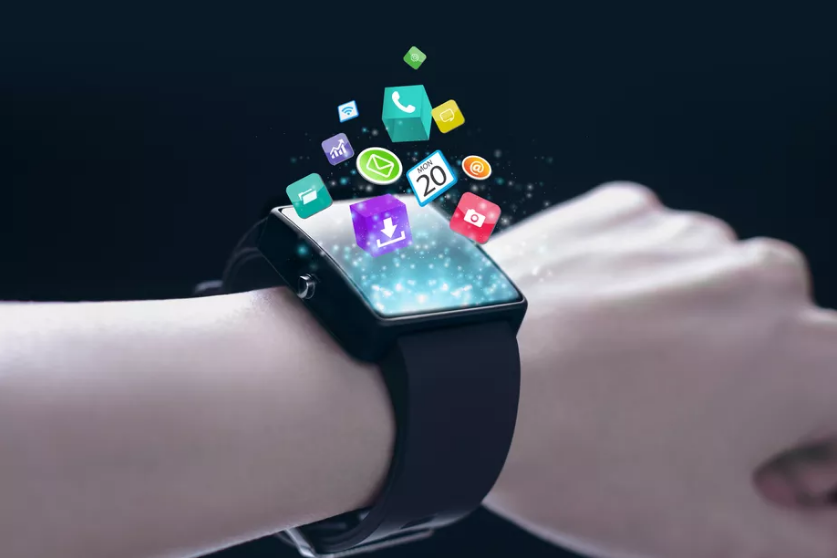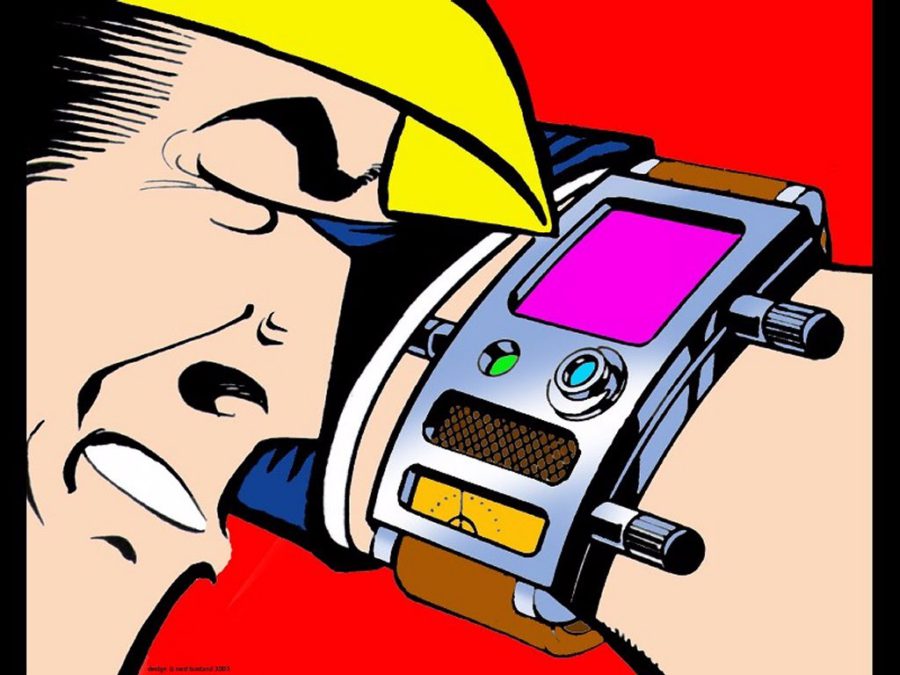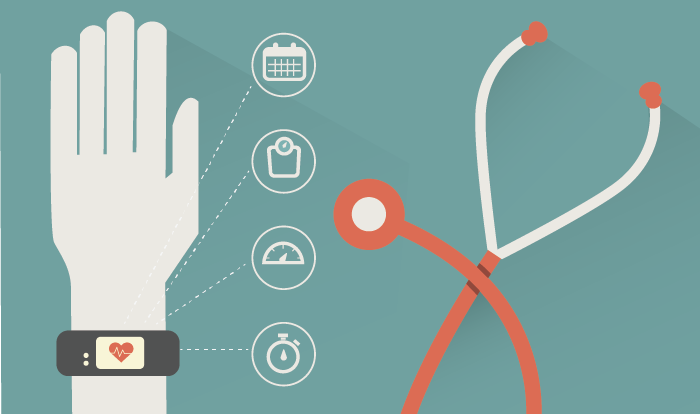Will smartwatches become that promised all-purpose wearable electronics?

One of the main challenges in life is realizing your own purpose and purpose in life. But it doesn't have to be that way with devices. To be successful, gadgets must fulfill a clear role, as well as carry functionality and a set of capabilities that users can easily understand and appreciate. If not … The number of technological outsiders is large and growing. One of the reasons the wearable electronics market has not achieved what it was predicted in its early stages of development is an existential crisis in the market itself. Even now, several years after the first announcement, it is still difficult for many to understand what these devices give us and for which scenarios they are best suited.
Of course, wearable electronics are far from failure. Apple Watch, for example, 'shot' pretty well. The revenue from Apple Watch has turned the company into the second largest manufacturer in the world by revenue, even though I'm starting to realize that this speaks more about the watch industry itself than about smartwatches or wearable electronics in general. The problem is that we have been misled into believing that such gadgets (especially smartwatches such as Apple Watch) will become universal computing devices for communication, supporting a variety of applications. Obviously, this did not happen, although some are still considering this scenario in the future. These hopes were especially strengthened a couple of weeks ago, when rumors appeared about a potential announcement of a version of Apple Watch with an LTE modem this fall, as well as the possibility of an agreement between Apple and Cigna on the provision of Apple Watch the clients of the insurance company. Some have even stated that the Apple LTE-enabled Watch will revolutionize the 'playing field' and give new life to smartwatches and the industry in general.

By and large, the main point of contention is whether smartwatches can evolve into the versatile tool they've always been seen as free from the smartphone jack. Applications that require a network connection will work on their own, duplicate scripts on the watch and on the phone will be eliminated, and who knows, maybe we will finally get a watch with video calling like Dick Tracy's, which we have always dreamed of.
Consider me a skeptic. It will undoubtedly be great to use, for example, Spotify or another music streaming app during your workout to access dynamically compiled playlists or receive messages and notifications while away from your smartphone. But this will not be a revolution in the market and a breakthrough in the industry, especially when you consider the factor of additional costs for both the modem and the service package that will have to be issued.
Also, let's not forget that some manufacturers (in particular, Samsung and LG) have already released watches equipped with a modem, which did not show high sales. The reason for this is partly the same challenge that will face Apple, basic physics: add a modem and the autonomy of the device will deteriorate. Considering that many owners of 'smartwatches' are unhappy with their battery life, an even bigger challenge even for such gadget wizards as Apple will be a significant (or even very small) increase in the size of the device in order to include it has a battery of comparatively larger capacity.

I like the potential idea of a more health-oriented smartwatch much more, and the mentioned Cigna deal would be a rather curious move. At the time of the announcement of the first generation of its watches Apple, it was rumored that it was developing very thin sensors (for example, for non-invasive monitoring of blood sugar levels and a pulse oximeter), and with each new announcement, there are growing expectations that these components will be included in new device. If (or when) this does occur, the benefits of such medical supervision will be significant for those who choose Apple Watch. Of course, the implicit in the agreement with Cigna the need to regularly send all received data to the servers of the insurance company will undoubtedly raise a number of questions about the safety and security of information.
Even if these new sensors appear in the next generation Apple Watch, they will nevertheless reinforce the growing belief that wearable gadgets are specialized gadgets that are optimized for a limited set of specific tasks. It's not that it's bad, it's just that this reality is different from the utopia anticipated by many. Yet, in the end, the destruction of the myth of the universality of wearable electronics may paradoxically help such devices reach a wider range of users than originally thought.
Original material by Bob O'Donnell
Tellingly, among my social circle, literally a few use smartwatches based on Android Wear, there is a layer of users Apple wearing Apple Watch purely for the sake of status, sometimes forgetting to charge them not to mention some kind of use case. The idea of adding an LTE modem is rather dubious at first glance, there are too many pitfalls. On the other hand, stand-alone smartwatches may well succeed as gadgets for specific scenarios. In their case, universality will be quite difficult to achieve, the format of the device itself excludes this.
The question, in my opinion, is whether one of the manufacturers Android – devices will be able to achieve the expected breakthrough in the second generation Apple Watch and overtake the innovators from Cupertino? I think Google is the most obvious candidate: there are resources for development, there is a need for further differentiation of the Pixel line, there are developments in the field of AI assistants, instead of an LTE modem it will be possible to offer ProjectFi – why not take the risk? Well, we must not forget about the host of Chinese craftsmen who are ready to be ahead of the whole planet and attract attention to themselves in any way.
Do you see any bright future for wearable devices? Or is it a fast sunset?
